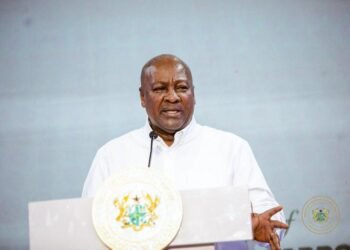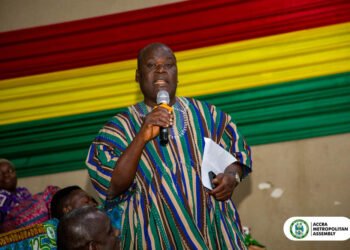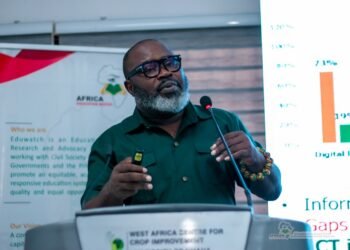Professor Stephen Kwaku Asare, a fellow of CDD-Ghana and a renowned legal scholar and activist, has called for urgent reform of Ghana’s entrenched system of judicial vacations, describing it as outdated, unconstitutional, and inimical to access to justice.
Professor Asare, in a detailed essay, strongly criticized Order 79, Rule 4 of C.I. 47, which grants superior court judges three recess periods each year: Easter, Christmas, and the long vacation from August 1 to September 30.
In practice, this means the High Court, Court of Appeal, and Supreme Court suspend their work for two months annually in addition to shorter breaks. For the seasoned scholar, the consequences of this practice extend well beyond the bench.
“Lawyers who practice before the superior courts are forced into recess, and their clients’ cases — whether about life, liberty, livelihood, or lighter disputes — must all be put on ice”.
Professor Stephen Kwaku Asare
As a recent example, he cited the ongoing trial of Adu Boahen & Others, which has been stalled simply because the superior courts are on vacation.
According to the CDD-Ghana fellow, such a practice is not just inconvenient but damaging to national efforts, including Operation Recover All Loot (ORAL), and undermines the credibility of reforms such as the Fast Track Courts.
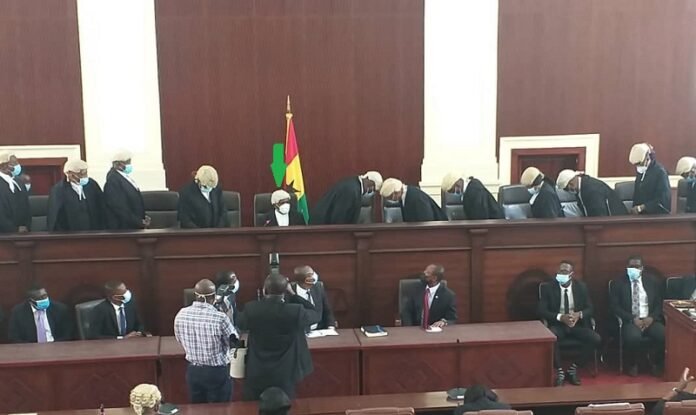
Colonial Relics, Modern Costs
Professor Asare argued that judicial vacations are a relic of Ghana’s colonial past, tracing back to the Gold Coast era when judges would return to Britain for long breaks. “Like horsehair wigs and heavy gowns, the practice has persisted, even though its rationale has long disappeared,” he noted.
Yet, he stressed, the costs today are significant. Long recesses fuel case backlogs, worsen trial delays, and effectively deny justice to citizens. “A system that was designed for the colonial comfort of a few has now become a burden for the many,” he observed.
Why Parliament Must Act
Although the Rules of Court Committee within the Judiciary has the formal authority to amend C.I. 47, Professor Asare insisted that Parliament cannot be passive. Article 93(2) of the Constitution, he explained, makes clear that only Parliament can declare public holidays. By carving out extended vacations, the Judiciary has effectively created its own system of public holidays.
The CDD-Ghana fellow pointed out the disparity this creates with other sectors. Nurses, doctors, pharmacists, teachers, and civil servants all take leave without closing down their institutions. “Only the Judiciary has managed to institutionalise a system-wide shutdown in the name of vacation. Even here, only the superior courts,” he said.
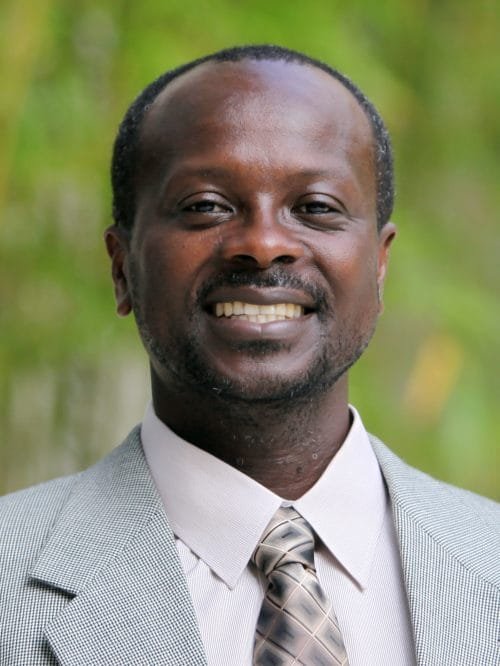
He called on Parliament to exercise its oversight in two ways: first, by tightening the Public Holidays Act to make clear that no arm of government can unilaterally declare holidays that halt essential services; and second, by holding hearings to examine the impact of judicial vacations on access to justice, the economy, and public confidence in the courts.
Constitutional concerns
Beyond efficiency, Professor Asare warned that judicial vacations may be unconstitutional on several grounds. He identified five specific concerns:
- They usurp Parliament’s exclusive power to declare public holidays (Article 93(2)).
- They discriminate against lower courts, which sit year-round, thereby creating unjustifiable inequality (Article 17).
- They restrict citizens’ fundamental right to access the courts (Article 14).
- They violate the right to a speedy trial (Article 19(1)).
- They infringe on the economic rights of lawyers, who are forced into involuntary recess and denied income opportunities (Article 24).
Reform Options
In his view, there are practical alternatives that can balance judges’ right to rest with citizens’ right to justice. High courts should operate year-round, just like hospitals and other essential services.
Judges should take staggered leave rather than collective breaks that shut down entire courts. Vacations, if necessary, should be shortened to six weeks or less.
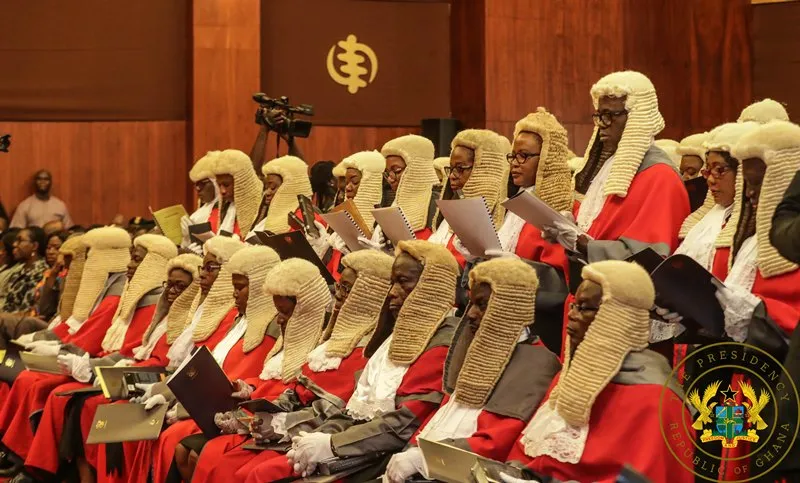
He also recommended that judges manage caseloads more responsibly so that proceedings are not disrupted, and that rosters of available judges be published during lighter court terms. Such measures, he said, would ensure continuity of service without denying judges their personal rest.
Justice is not seasonal
For Professor Asare, the larger point is that justice cannot be treated as a seasonal service. “Justice is an essential public service, as vital as healthcare, banking, or security,” he stressed. For Professor Asare, vacations may once have served colonial convenience, but today, they represent inefficiency, inequity, and a constitutional anomaly.
He added that Ghana’s broader reforms, from resetting the economy to strengthening governance, depend on a justice system that works year-round.
“We cannot reset our economy, our politics, or our governance while leaving the justice system stuck in colonial habits and inefficiencies. Vacations that stall trials, delay justice, and deny citizens their rights are outdated and unacceptable.”
Professor Stephen Kwaku Asare
Calling on Parliament and the Judiciary to act decisively, he concluded: “We cannot successfully reset the nation unless we first reset the Hall of Justice. That reset begins with keeping our courts open year-round, shortening and staggering judicial leave, and putting the rights of citizens above the convenience of judges.”

With this bold call, Professor Asare has once again placed himself at the center of Ghana’s legal reform debates, challenging long-standing traditions that many had accepted as untouchable.
Whether Parliament and the Judiciary respond remains to be seen, but his intervention ensures that the question of judicial vacations can no longer be ignored.
READ ALSO: NPA Boss Urges Gaso Petroleum to Prioritise Customer Service






